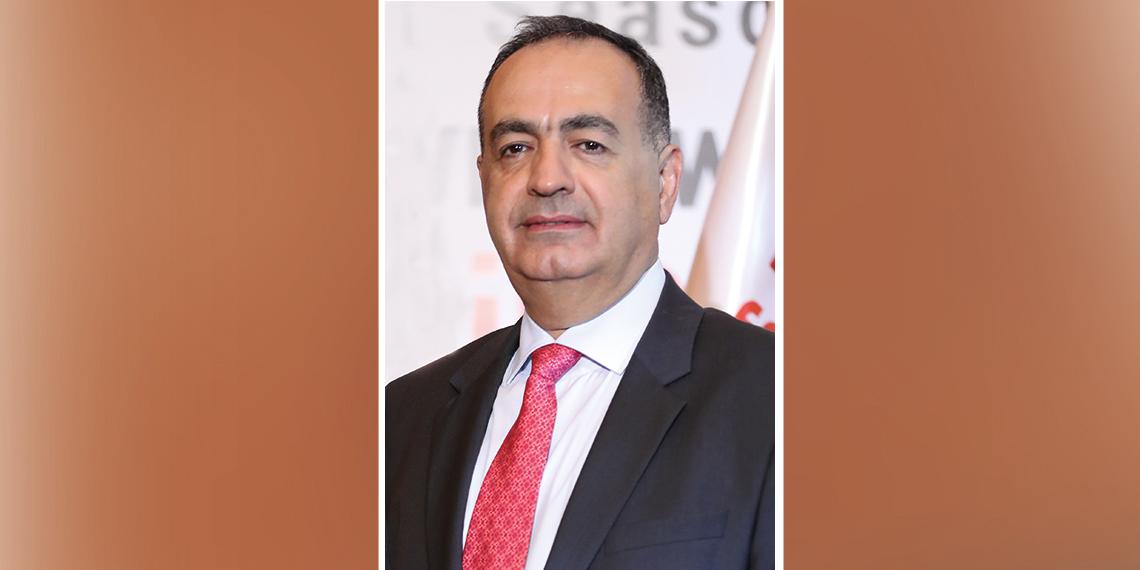Digital currencies, the rise of virtual private networks (VPN) use and artificial intelligence (AI) in medical practices are just some of the trends we're seeing.
Bitcoin was the hottest topic in the last quarter of 2017, when its value jumped from $6k to $20k per coin between November and December, according to ranking financial analysts.
Followed by a crash in January and the crypto-currency hacking in Japan, statements by many bankers and businessmen from the top 50's and analysts say that any digital currency without a backing-up will not continue. Feeding the appetite of federal banks or private financial institutions such as Visa, many countries may start regulating all crypto-currency exchanges.
The rise of the VPN
VPNs have existed since the internet's inception and were used mostly by governments, IT firms and large enterprises. VPNs allow users to hide their digital identity, making it almost impossible for anyone to monitor their online activities (we are not talking here about free VPN apps).
This technology allows its users to browse the web securely by diverting all your web traffic through a virtual network, changing and creating virtual IPs which allow you to search the web as if you are in a different country. Now, with the ban of VoIP in many countries, the VPN is not just for large and medium enterprises (LMEs) anymore, but for individuals as well.
Artificial intelligence: AI for a healthy world
Artificial intelligence is pushing fast toward a better medical smart world. The materials used in hospitals or clinics have become very smart and agile, and many tests that once needed weeks to get the results now only need a few days or hours.
AI could be used to accurately analyze a patient's medical records and "help highlight the clinical findings" in CT scans. AI has the potential to improve patients' recovery by telling them what dosage of medication they need and when they should take it, reports suggest.
